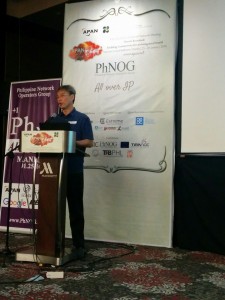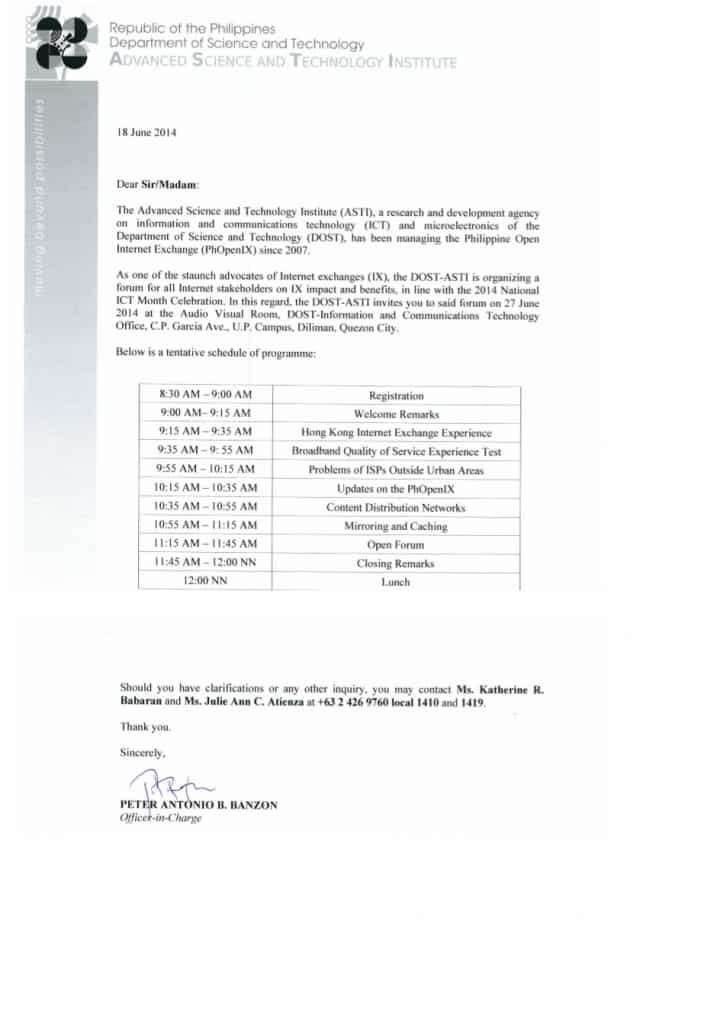The Bitstop Network Services now supports the latest version of Internet Protocol(IP) – IPv6.
Internet Protocol version 6 (IPv6) is the latest version of the Internet Protocol (IP), the communications protocol that provides an identification and location system for computers on networks and routes traffic across the Internet. IPv6 was developed by the Internet Engineering Task Force (IETF) to deal with the long-anticipated problem of IPv4 address exhaustion. – wikipedia
With IPv6, everything from appliances to automobiles can be interconnected. But an increased number of IT addresses isn’t the only advantage of IPv6 over IPv4. In honor of World IPv6 Day, here are six more good reasons to make sure your hardware, software, and services support IPv6.
- More Efficient Routing
IPv6 reduces the size of routing tables and makes routing more efficient and hierarchical. IPv6 allows ISPs to aggregate the prefixes of their customers’ networks into a single prefix and announce this one prefix to the IPv6 Internet. In addition, in IPv6 networks, fragmentation is handled by the source device, rather than the router, using a protocol for discovery of the path’s maximum transmission unit (MTU).
- More Efficient Packet Processing
IPv6′s simplified packet header makes packet processing more efficient. Compared with IPv4, IPv6 contains no IP-level checksum, so the checksum does not need to be recalculated at every router hop. Getting rid of the IP-level checksum was possible because most link-layer technologies already contain checksum and error-control capabilities. In addition, most transport layers, which handle end-to-end connectivity, have a checksum that enables error detection.
- Directed Data Flows
IPv6 supports multicast rather than broadcast. Multicast allows bandwidth-intensive packet flows (like multimedia streams) to be sent to multiple destinations simultaneously, saving network bandwidth. Disinterested hosts no longer must process broadcast packets. In addition, the IPv6 header has a new field, named Flow Label, that can identify packets belonging to the same flow.
- Simplified Network Configuration
Address auto-configuration (address assignment) is built in to IPv6. A router will send the prefix of the local link in its router advertisements. A host can generate its own IP address by appending its link-layer (MAC) address, converted into Extended Universal Identifier (EUI) 64-bit format, to the 64 bits of the local link prefix.
- Support For New Services
By eliminating Network Address Translation (NAT), true end-to-end connectivity at the IP layer is restored, enabling new and valuable services. Peer-to-peer networks are easier to create and maintain, and services such as VoIP and Quality of Service (QoS) become more robust.
- Security
IPSec, which provides confidentiality, authentication and data integrity, is baked into in IPv6. Because of their potential to carry malware, IPv4 ICMP packets are often blocked by corporate firewalls, but ICMPv6, the implementation of the Internet Control Message Protocol for IPv6, may be permitted because IPSec can be applied to the ICMPv6 packets.
- Network Computing
Sign Up Now to Unleash the Power of IPv6
Email us at team@bnshosting.net
or Call us (075) 515-8750-54
see our Contact Page for more details.


